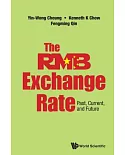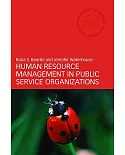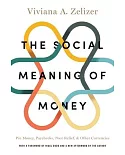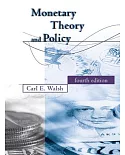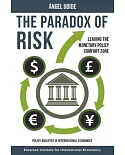The obesity epidemic and the growing debate about what, if any, public health policy should be adopted is the subject of endless debates within the media and in governments around the world.
While much has been written on the subject, this book takes a unique approach by looking at the obesity epidemic from an economic perspective. Written in a language accessible to
non-specialists, the authors provide a timely discussion of evolving nutrition policies in both the developing and developed world, discuss the factors influencing supply and demand of food
supply, and review the evidence for various factors which may explain recent trends in diets, weight, and health.
The traditional economic model assumes people choose to be overweight as part of a utility maximisation process that involves choices about what to eat and drink, how much time to spend on
leisure, food preparation, and exercise, and choices about appearance and health. Market and behavioral failures, however, such as time available to a person, education, costs imposed on the
health system and economic productivity provide the economic rationale for government intervention. The authors explore various policy measures designed to deal with the epidemic and examine
their effectiveness within a cost-benefit analysis framework. While providing a sound economic basis for analyzing policy decisions, the book also aims to show the underlying limits of the
economic framework in quantifying changes in public well-being.








